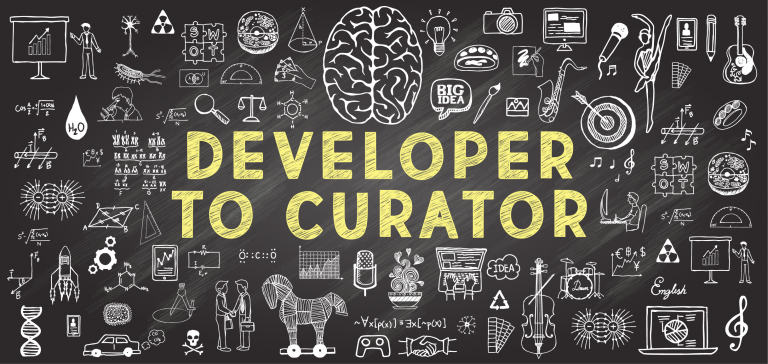2018 Early Readout: Hot Learning Trends – Bigger than Technology
Mar 21, 2018 8:00:00 AM / by Larry Durham posted in Modern Learning, Strategy, managed services
2018 Early Readout: Learning Technology Trends in Play
Mar 13, 2018 9:38:30 AM / by Larry Durham posted in Modern Learning, Strategy
What Do Your Kitchen and Automation/Digital Skills Have in Common? 5 Practical Considerations for Learning in Your Enterprise
Feb 21, 2018 2:05:00 PM / by Larry Durham posted in Collaboration, Content Development, Context, Culture, Modern Learning, Strategy
In these times of great change, with the blistering pace of advancement in artificial intelligence, algorithms and automation, it is important to step back and separate immediate and near-term reality that will radically change the way we work and live . . . from elements of the hype cycle that will likely not impact businesses for many years.
Finding that Needle in the Haystack: Best Practices for Selecting Learning Technologies
Feb 14, 2018 4:17:32 PM / by Tom Kupetis posted in Modern Learning, Strategy
It’s that time of year again. Learning conference time. Time for you to walk the trade show floor and be awestruck by the sights, sounds, demonstrations, and pure sensory overload of all the new learning technologies seeking your undivided attention. On top of that, you are on a mission to find the best, Learning Management Platform, or Microlearning Platform, or Assessment Tool, or whatever your organization is seeking to support your strategic learning plan. To say that task is daunting is a gross understatement.
The Evolution of the Learning Professional: From Developer to Curator
Aug 11, 2017 11:16:11 AM / by Melissa Noonan posted in Content Development, Context, Curation, Modern Learning, Blog, Instructional Systems Design
In the past, learning professionals were in the business of creating content to “train” people. Learners experienced a lot more “telling” and “showing,” and often the communication between the instructor and the learners was one way, i.e., instructor to learner. In today’s world of mega-information and sensory overload, most adult learners can’t be “told” everything they might need to know. Filtered quality content has much greater value than massive amounts of non-relevant information. It is more important to be able to access the needed information or content at the right time rather than getting “trained” in the classical sense. What implications does this have for today’s learning professional?

.jpg)


